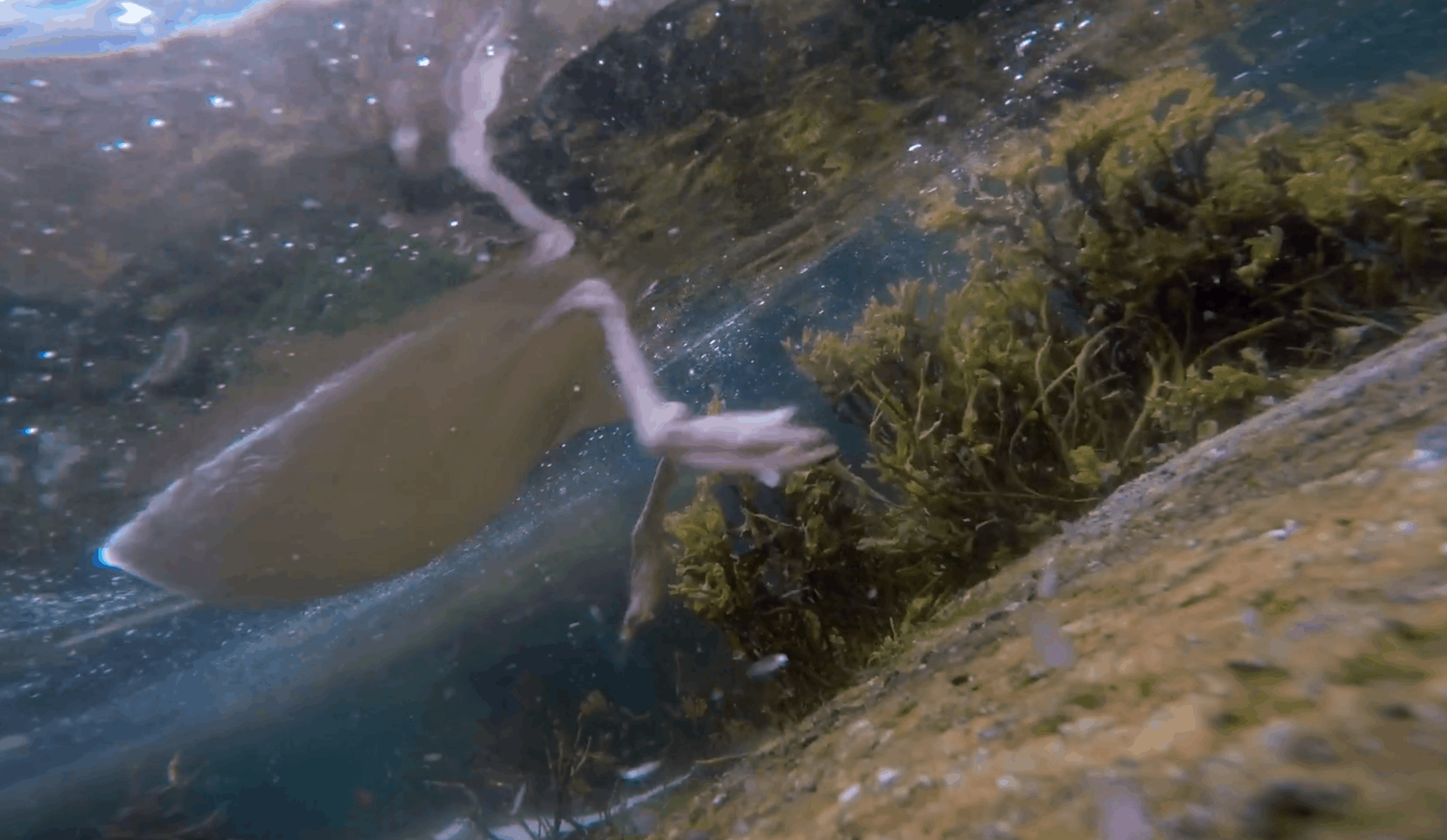Contributed by Randi Nygård
On Hovedøya, an island in Oslo, Norway, a group of 12 people met and wrote poetic laws for a better future. Through quick and playful writing exercises led by the poet Marte Huke we examined our thoughts and our relationships with the environment. Then Jørn Øyrehagen Sunde, professor of law at the University of Oslo, joined us and discussed our texts in the context of environmental law through the ages.
We talked about the relationship between poetry and law, between abstract rules and poetic meetings. Whose voices will be heard in the laws of the future? How can we represent other lifeforms in our language?
The workshop was part of “The Wild Living Marine Resources Belong to Society as a Whole”, a series of interdisciplinary events have been named after section 2 of the Norwegian Marine Resources Act. The project was organized by Randi Nygård, Geir Tore Holm and Søssa Jørgensen at Kunstnernes Hus, Norway in 2019-21. It related to the law not only with the usual legal definitions but also with a more poetic and fundamental approach. It examined different ideas about the environment and our role in nature, our management of natural resources, responsibilities, world views, language, and values.
The poetic laws that the group produced during the workshop are below:
The death of a plant or an animal shall breathe life into new creatures.
But before climate change turns into a dead, dry branch, the humans must see soul in what is alive and hear the voices of the animals.
When plants and animals are stepped upon,
When poisonous rain destroys seeds and sprouts,
When the sun burns the community away,
When the air becomes too heavy to carry for all of us,
When climate change feels like cold glue that does not let go of the fingers,
We must step out of time
And then the billowing threatening dark and unknown sea will take over.
The living growth space of the universe should never be invaded.
The differences that exist between living beings do not give us sovereignty, but obligation.
Anything that joins something shall be able to depart from everything.
The freedom to dive to 10-meters requires intimate feelings for the fjord.
All living beings carry the right to the horizon.
The assessment of equal life, lived life, and the justified existence of the coming life, at all times, is considered a prerequisite for solving problems of all possible sorts.
During the most serious consequence of climate change, when it becomes unbearable here and the grief becomes too heavy to bear, there must be joy. There is joy in it. In all. Do not forget it. Death is not a heavy burden. If unconsciousness is a rule, it must also be allowed to be vanishingly small. And when it’s too much, the amount is not crucial.
En Hovedøya, una isla en Oslo, Noruega, un grupo de 12 personas se reunió y escribió leyes poéticas para un futuro mejor. A través de ejercicios de escritura rápidos y lúdicos dirigidos por el poeta Marte Huke examinamos nuestros pensamientos y nuestras relaciones con el entorno. Luego, Jørn Øyrehagen Sunde, profesor de derecho en la Universidad de Oslo, se unió a nosotros y discutió nuestros textos en el contexto del derecho ambiental a través de los tiempos.
Hablamos de la relación entre poesía y derecho, entre reglas abstractas y encuentros poéticos. ¿Las voces de quién se escucharán en las leyes del futuro? ¿Cómo podemos representar otras formas de vida en nuestro idioma?
El taller fue parte de “Los recursos marinos vivos silvestres pertenecen a la sociedad en su conjunto”, una serie de eventos interdisciplinarios que recibieron el nombre de la sección 2 de la Ley de recursos marinos de Noruega. El proyecto fue organizado por Randi Nygård, Geir Tore Holm y Søssa Jørgensen en Kunstnernes Hus, Noruega en 2019-21. Se relaciona con el derecho no sólo con las definiciones jurídicas habituales, sino también con un enfoque más poético y fundamental. Examinó diferentes ideas sobre el medio ambiente y nuestro papel en la naturaleza, nuestra gestión de los recursos naturales, responsabilidades, visiones del mundo, lenguaje y valores.
Las leyes poéticas que el grupo produjo durante el taller son las siguientes:
La muerte de una planta o de un animal dará vida a nuevas criaturas.
Pero antes de que el cambio climático se convierta en una rama seca y muerta, los humanos deben ver el alma en lo que está vivo y escuchar las voces de los animales.
Cuando se pisan plantas y animales,
Cuando la lluvia venenosa destruye semillas y brotes,
Cuando el sol quema la comunidad,
Cuando el aire se vuelve demasiado pesado para todos nosotros,
Cuando el cambio climático se siente como pegamento frío que no se suelta de los dedos,
Debemos salir del tiempo
Y luego el ondulante mar oscuro y desconocido se hará cargo.
El espacio de crecimiento vivo del universo nunca debe ser invadido.
Las diferencias que existen entre los seres vivos no nos dan soberanía, sino obligación.
Cualquier cosa que se una a algo podrá separarse de todo.
La libertad de bucear a 10 metros requiere sentimientos íntimos por el fiordo.
Todos los seres vivos llevan el derecho al horizonte.
La evaluación de la vida igual, la vida vivida y la existencia justificada de la vida venidera, en todo momento, se considera un requisito previo para resolver problemas de todo tipo posible.
Durante la consecuencia más grave del cambio climático, cuando se vuelve insoportable aquí y el dolor se vuelve demasiado pesado para soportarlo, debe haber alegría. Hay alegría en ello. Ahí. No lo olvides. La muerte no es una carga pesada. Si la inconsciencia es una regla, también se debe permitir que sea extremadamente pequeña. Y cuando es demasiado, la cantidad no es crucial.
Magnus Holmen, Signe Liden, Kjersti Vetterstad, Aslaug Nygård, Yngvild Færøy, Søssa Jørgensen, Geir Tore Holm and Randi Nygård. contributed to the poems. The project was supported by Fritt Ord and Arts Council Norway.

